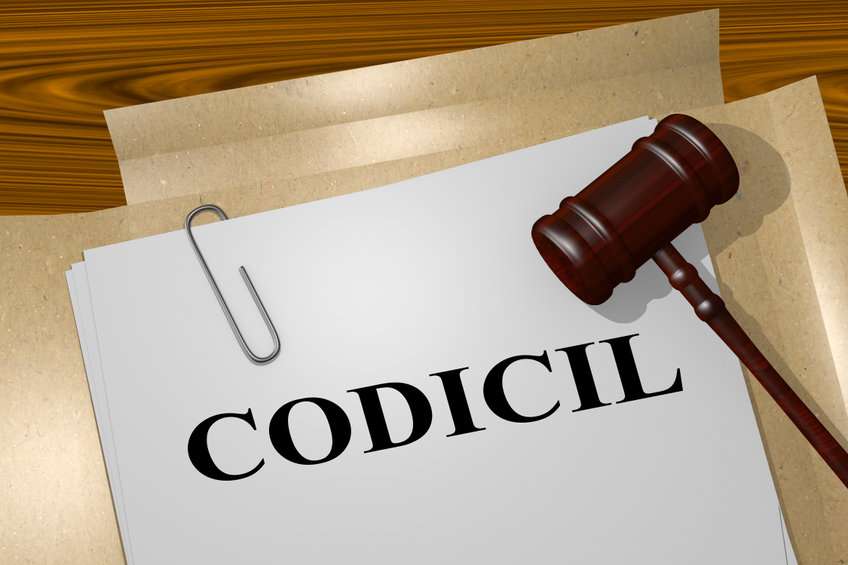financial power of attorney
Featured Articles

Write your own Will – 10 reasons why it just makes sense.
You don’t need a lawyer to write a Will. A lawyer, or estate planning attorney is trained in the law. If you have doubts about a particular situation, and you...
Continue reading




















